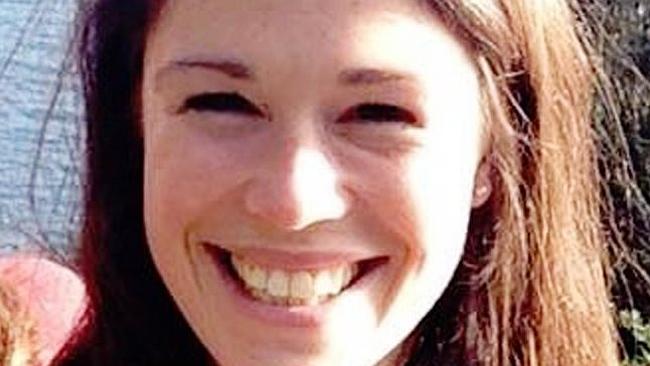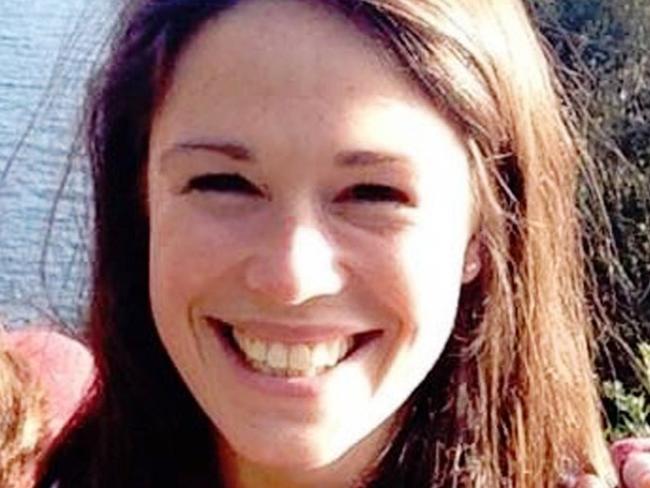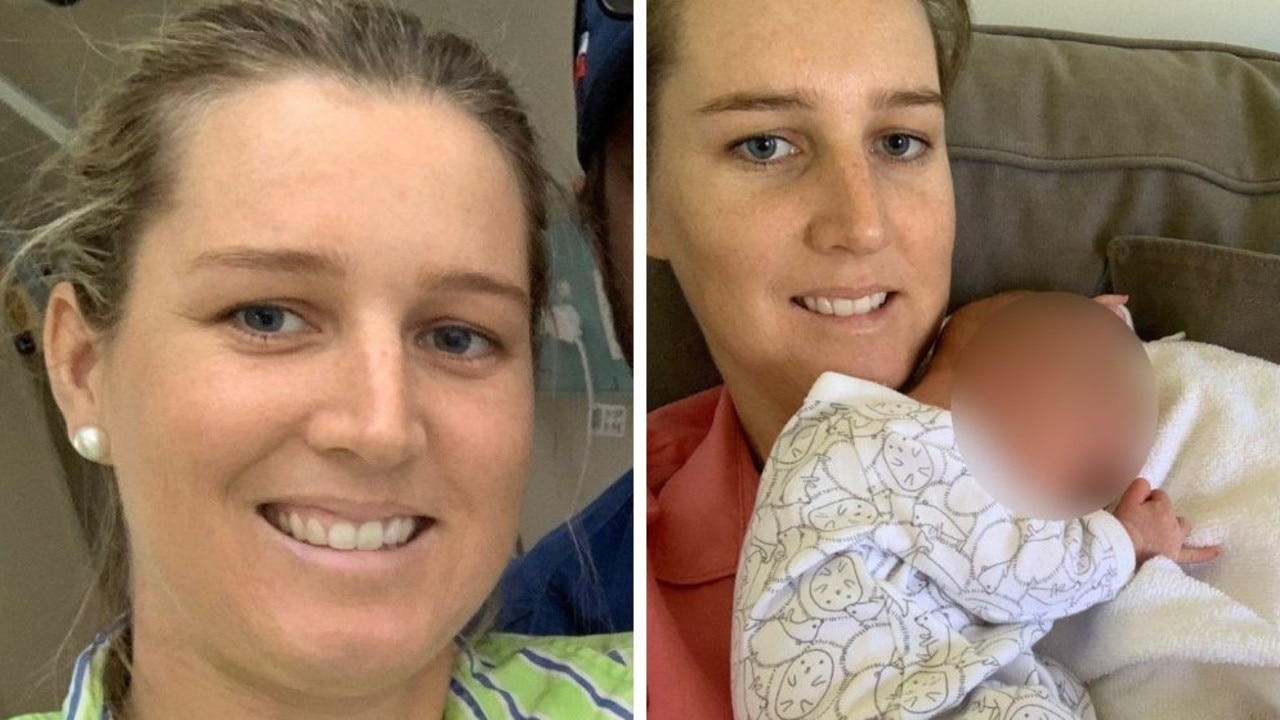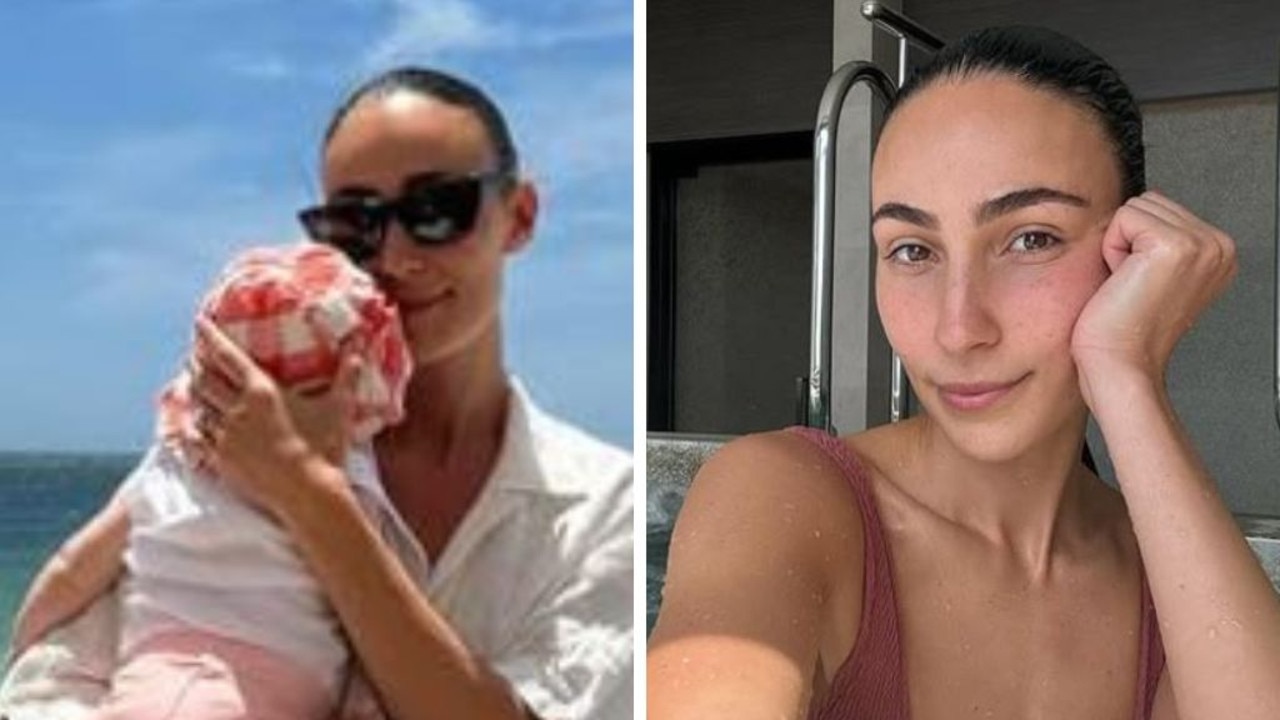UK Health Secretary mentioned in note from junior doctor Rose Polge missing since Friday
“STRESSED” junior doctor Rose Polge walked out halfway through her shift and vanished. She left a note behind.

A JUNIOR doctor who disappeared nearly a week ago left a “deeply personal” note that is thought to mention the UK Health Secretary by name and has sparked fears over her fate.
Twenty-five-year-old Rose Polge went missing from Devon last Friday after reportedly walking out of a hospital “stressed” midway through her shift, according to The Sun.
Her car was found at a nearby beach just after 6pm that night. Police and locals have spent the week scouring rocky cliffs in the area for her, finding only her hooded sweatshirt washed up on the beach on Monday.
Dr Polge’s family said they have been “overwhelmed” by the support of friends and colleagues who have turned out by the dozen to comb the coastline for their missing daughter.
“We would like to thank everyone for their help, hope and kind words. The support we have received from family and friends has been much appreciated, and clearly Rose is loved far and wide,” they said in a statement released by Devon and Cornwall police.
Authorities would not comment on the contents of any note but sources close to the family told UK media the “heartfelt” letter was of a personal nature and mentions UK Health Secretary Jeremy Hunt in passing.



The minister has recently been at the centre of a firestorm over junior doctors — the term used to describe the time a qualified medical practitioner spends working on the front line before becoming a GP or specialist — over controversial plans to impose new contracts from August that would increase their working hours to include weekends without extra pay.
An overwhelming 98 per cent of junior doctors voted in favour of strike action against the changes after long-running negotiations between the government and the British Medical Association broke down.
However last Thursday, Health Secretary Jeremy Hunt announced the government would push through the changes anyway, prompting widespread protests around the UK from young doctors worried it would endanger patients lives and leave them under-resourced.
The British Medical Association’s junior doctors committee chair, Dr Johann Malawana, said the government had adopted a “bullying approach” that “totally alienated” the younger generation and could force them to leave the profession.
“Junior doctors already work around the clock, seven days a week and they do so under their existing contract. If the government want more seven-day services then, quite simply, it needs more doctors, nurses and diagnostic staff, and the extra investment needed to deliver it. Rather than addressing these issues, the Health Secretary is ploughing ahead with proposals that are fundamentally unfair,” she said.


The exact circumstances surrounding Dr Polge’s disappearance are unclear, however police have described it as “totally out of character”. Her Facebook page shows pictures of her travelling, climbing mountains and surfing with friends, who have described her as “always cheerful” and hard working.
Ms Polge, who comes from a family where her father, brother and sister are also doctors, had previously written an award-winning paper on the emotional toll of working in the health service.
She supported the strikes and had changed her Facebook profile picture to a #NotFairNotSafe message in favour of the negotiations in the days leading up to her disappearance. She also shared a link to a petition supporting the strike which has been signed nearly 100,000 times.
Mr Hunt has branded the British Medical Association “totally irresponsible” for the strikes and said the “outdated” arrangements needed to be changed.
The Department of Health has also provided condolences to Dr Polge’s family.
The search for Dr Polge continues.
If you or someone you know needs help, phone Lifeline on 13 11 14.
victoria.craw@news.com.au



